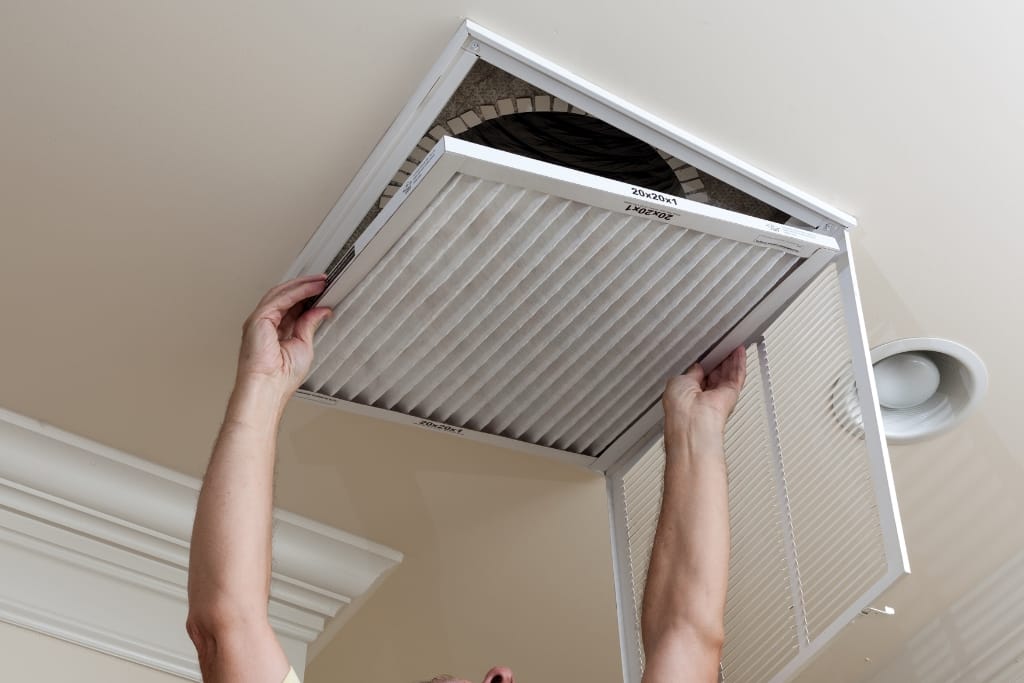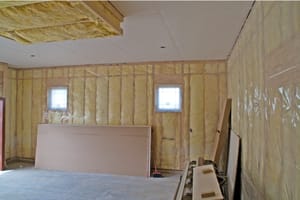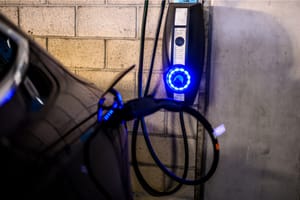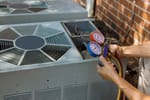It’s important to keep your home’s heating, ventilation, and air conditioning (HVAC) system running properly so that you can maintain comfortable temperatures throughout the year.
The good news is that with a little bit of preventative maintenance, you can ensure that your HVAC system stays in top working condition for years to come.
What Is A Preventative Maintenance Checklist?
A preventative maintenance checklist is simply a list of tasks that should be completed regularly to ensure that your HVAC system is running efficiently and safely.
These tasks include checking the air filter, inspecting the thermostat settings, cleaning the condenser coils, testing the safety switches, and testing the wiring connections.
By completing these tasks on a regular basis, you can reduce energy costs by up to 20%, extend the life of your equipment and save yourself time and money in the long run.
Here’s a quick checklist of steps you should take to keep your HVAC system running smoothly.
1)) Inspect Air Filters And Replace Them If Necessary
To improve air quality, and efficiency and reduce the risk of potential damage to parts, it is important to inspect the air filters on a regular basis.
Depending on the type of filter used, they should be replaced every three to four months.
2)) Check The Blower Components
The blower components need to be inspected regularly for signs of wear or damage that could potentially cause issues with system performance.
This includes inspecting belts, checking fan blades for obstructions, and making sure that all moving parts are in proper working order.
3)) Clean Condenser Coils And Evaporator Coils
The condenser coils help remove heat from inside the home by transferring it outside while the evaporator coils cool down the air being moved throughout the home by drawing heat from inside your house into the refrigerant flowing through it.
Both coils should be cleaned regularly with an approved coil cleaner in order to keep them in optimum condition and allow for the efficient operation of your system.
4)) Clear Debris Away From The Outdoor Unit
Outdoor units require adequate airflow to operate efficiently, so debris such as leaves, dirt, grass clippings, or other materials should be removed from around them at regular intervals.
This will also help keep critters out!
5)) Check/Replace Thermostat Batteries
Thermostats regulate the temperature within homes by sending signals between their components when changes are made manually or automatically (if it’s programmable).
Over time, their batteries can weaken or die which can cause disruptions in heating/cooling cycles — replacing them at least once a year is recommended to keep your system running smoothly.
NOTE: Not all thermostats contain a battery, check your owner's manual to confirm.
6)) Tighten Electrical Connections
As with any electrical equipment, loose wiring can lead to overheating and other problems — this applies particularly to HVAC systems due to their complexity and a large amount of power they require in comparison to other household appliances.
All electrical connections should be tightened up on a regular basis using an approved wrench size for added safety measures.
7)) Clear Any Obstructions From Vents
When air is blocked from flowing freely through the vents, it can cause an imbalance in the pressure and ultimately disrupt system functioning.
Make sure to check all ducts and vents regularly for blockages that need to be removed or cleared away to ensure proper airflow.
8)) Schedule Professional Maintenance
Even if you follow all of these steps on a regular basis, it’s still important to have an HVAC professional come out once every year for a more thorough inspection and maintenance service.
During this service call, the technician will inspect all major components like motors and compressors as well as check electrical connections and lubricate moving parts as needed.
They will also clean off the condenser coils outside and adjust refrigerant levels as needed to ensure optimal performance from your system throughout the year.
Conclusion
HVAC systems are essential parts of our homes and businesses, but they require regular care and attention if they are going to function at their peak efficiency levels.
The best way to make sure that happens is by creating and regularly following a preventative maintenance checklist for your specific needs.
Doing this will save you time, money, energy costs, and unnecessary stress, and most importantly give you peace of mind knowing that your HVAC system is always functioning properly no matter what season it may be.
If any of these tasks seem too complicated or out of your comfort level, a professional HVAC technician should always be consulted before attempting any repairs or replacements.
Download Our Free E-book!








